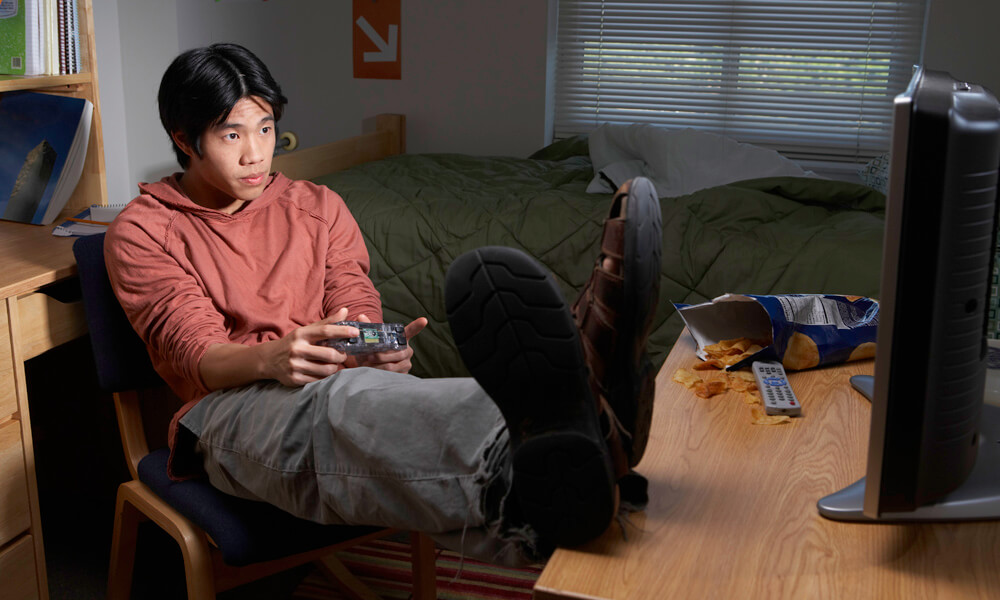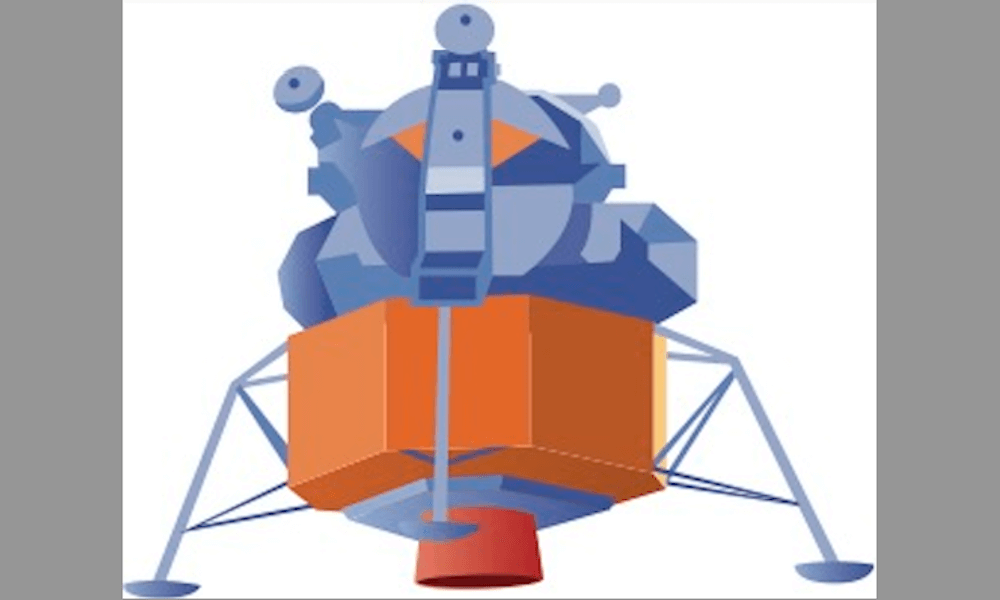NASA clears $5 billion Jupiter mission for launch after review of suspect transistors
Source: CBS
Europa, one of Jupiter’s many moons, is an icy environment with a saltwater ocean beneath its surface. NASA plans to learn more about this ocean by sending the Europa Clipper into Jupiter’s orbit.











